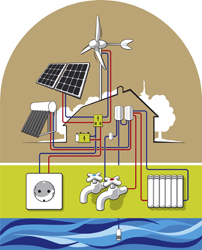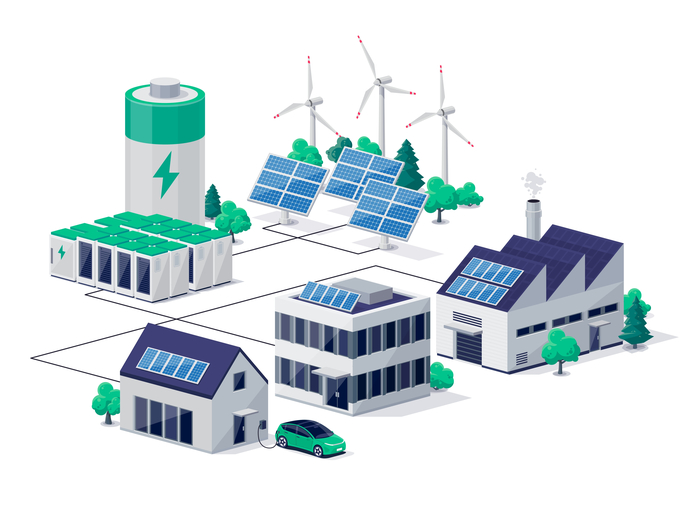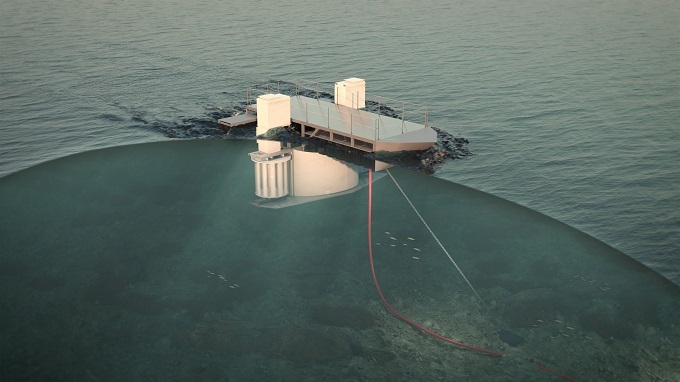Sustainable electricity and hot water production
The EU is committed to the development of renewable alternate energy systems. Relieving dependence on the combustion of fossil fuels will increase energy security and decrease the environmental impact of energy production and consumption. EU-funded scientists combined several innovative technologies in the project 'Solar thermal cogeneration plant based on organic Rankine cycle' (EFISOL) to deliver an autonomous power generation unit for electricity and hot water production. The technologies include novel renewable energy technologies and materials as well as advanced automated control. The EFISOL system uses concentrated solar energy as its primary energy source. Scientists exploited concentrated solar power technologies, photovoltaics that literally concentrate the Sun's energy through the use of mirrors in order to increase efficiency. They typically heat a fluid to power a turbine but can also provide the input to a combined heat and power (CHP) system that is the basis of this project. Researchers used solar heat to power an organic Rankine cycle (ORC) that converts heat into electricity. Employed in a CHP, the ORC powers a heat engine to produce electricity and the CHP captures the waste heat, in this case with novel phase-change materials (PCMs). PCMs absorb heat to change phase from solid to liquid and release it when solidifying back again at the appropriate temperature. The EFISOL heat storage tank was capable of storing enough heat at the appropriate temperature during the day to deliver it continuously throughout the night. Investigators delivered a cost-effective and efficient hybrid ORC system based on solar thermal concentrators. This technology remains profitable even in the face of reduced incentives for switching to renewable forms of energy. The EFISOL system is well suited to sunny climates and end users with small to medium energy consumption such as homes, offices, hospitals and hotels. The system can also be grid-connected enabling the re-sale of unused renewable electricity. Commercialisation is expected to have important benefits for end users, industry and the environment.







